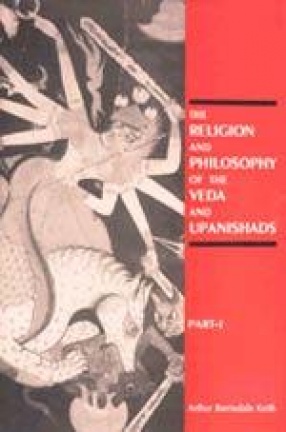Tensions between individual rights and group interests, as well as between interests of different groups, are critical issues in multicultural societies. In this book, Haksar offers a theoretical framework for thinking these dilemmas through. Haksar begins by examining the nature of rights. He goes on to explore infringements of rights and commends a rights based theory of punishment. He then proceeds to an analysis of Indian secularism with respect to the rights of religious groups. Haksar also presents an insightful discussion of some of the more important aspects of Gandhi’s ideas on topics such as public ethics, religious reform, morality, civil disobedience, non-violence, non-cooperation and coercion. Though Gandhi was primarily a practitioner, Haksar constructs a theoretical framework within which his ideas can be defended and, in many cases, shown to be superior to the fashionable alternatives. He thus demonstrates the greater relevance of Gandhi’s thought to religious and constitutional reform and civil disobedience in particular, and contemporary society and politics in general. This lucid book illuminates the complicated and contentious issues of the rights of minorities, majorities and the role of civil disobedience in addressing injustice. In its examination of Gandhi’s ideas on current issues, Rights, Communities and Disobedience stresses the timelessness of Gandhi’s thought and vision. It will be indispensable for philosophers, social and political scientists, legal theorists, activists, students and others seeking a coherent framework for understanding and resolving conflicting claims.
The Religion and Philosophy of the Veda and Upanishads (Volume 31 & 32)
The work presents to the ...
$36.00
$40.00





There are no reviews yet.